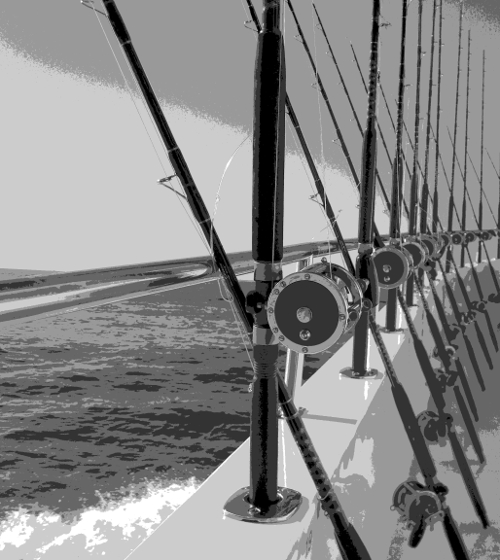Fishing safety defended
 The Northern Territory Seafood Council has denied claims of “shameful” safety levels on fishing vessels.
The Northern Territory Seafood Council has denied claims of “shameful” safety levels on fishing vessels.
NT coroner Greg Cavenagh has released a report on the fatal electrocution of Ryan Donoghue, who was killed while working at a prawn trawler in November 2013.
Mr Donoghue was cutting rusted shackles using an angle grinder on the deck of a trawler when the ship was hit by a wave, electrocuting the worker.
“The death of Ryan Donoghue was needless and a tragic waste of young life,” said Mr Cavanagh.
“It would have been prevented if there was even a modicum of compliance with the law.
“There was not.”
The coroner said the death highlighted the “shameful” workplace safety levels on fishing boats across Australia.
NT Seafood Council chief Katherine Winchester claims the industry has some great examples of good work health and safety practices.
“To tarnish the whole industry as shameful is a generalisation,” she said this week.
“Like any industry, there's good workplaces and some bad workplaces, but the most important thing for the seafood industry is to continually improve the standard of work health and safety on fishing vessels and to improve the culture and behaviour of all involved in the industry.
“We need to make sure they're aware of the work health and safety legislations, actively adopting what they need too, and working to make their workplaces safe so we don't have any more deaths in the industry.
“Immediately after the 2013 incident [the death of Ryan Donoghue], NT Worksafe put out a safety alert that highlighted all of the issues regarding the incident to prevent it from happening again.
“And after the coroner's report was handed down last Friday, the NT Seafood Council included it in communications to members as well.
“We need to make sure Greg Cavenagh's findings are communicated throughout the whole seafood industry.
“We have to learn from every incident and no lives should be lost when someone goes to work.
“We need to make sure those lessons and experiences are shared, that the recommendations are looked at and adopted where appropriate.
“And we encourage our industry to share their [workplace safety] and near-miss stories.”







 Print
Print